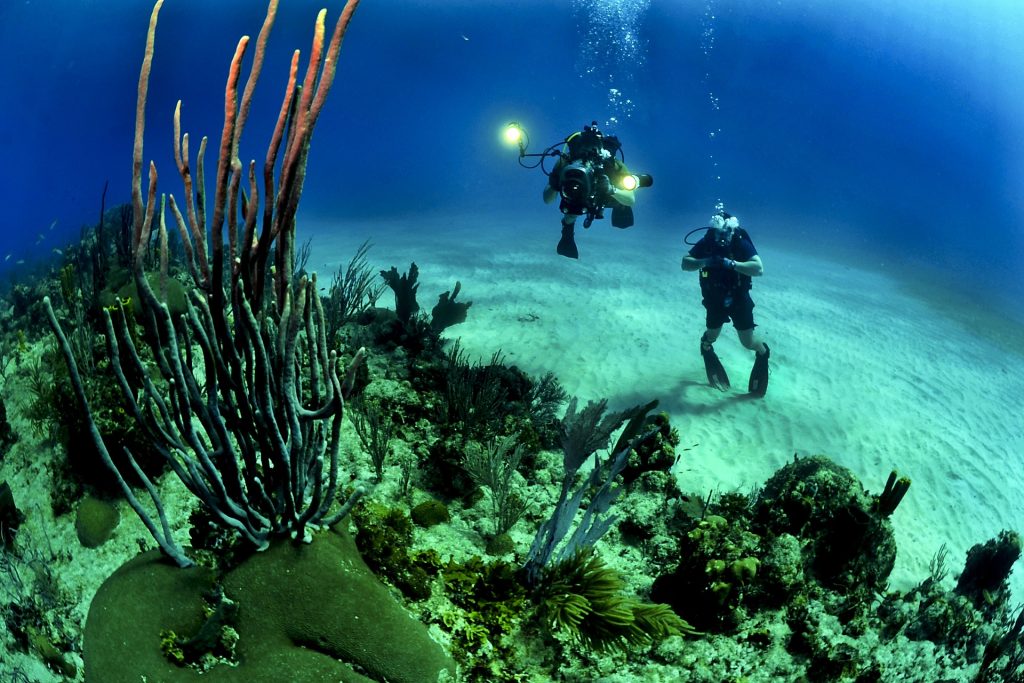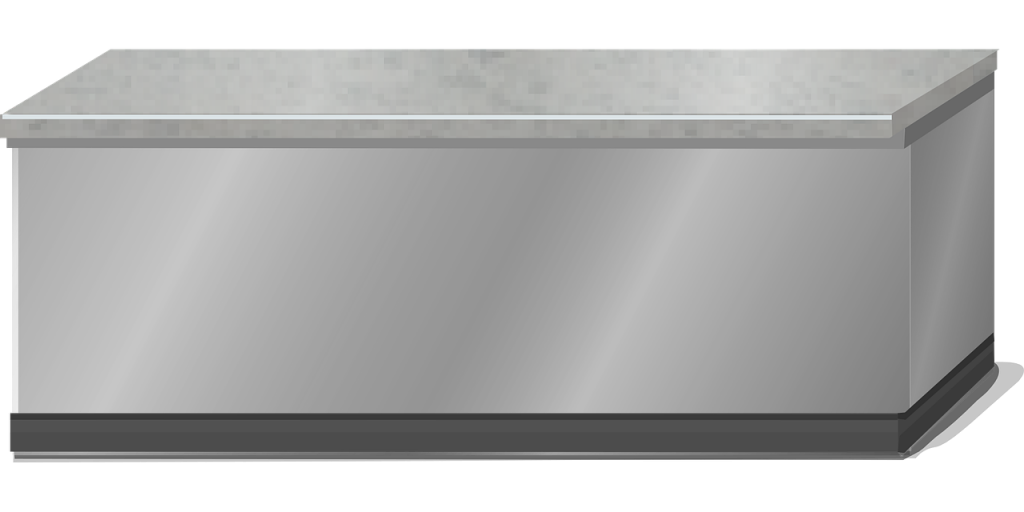Dive Instructor Courses – Learn The Skills To Work As A Trainer
If you know scuba diving, you know how fascination the activity is when you go under the sea. We live in a world where seventy percent of our area comprises of the sea. What does that imply? It means that as a scuba diver, there’s a world of opportunities that awaits you. You can go to different parts of the world and explore the depths of the waters. You can see the shipwrecks and explore some of the best marine life in the sea. There are people all over the world who are willing to learn scuba diving skills. Thus it also allows you to become a dive instructor, clear your dive instructor courses, and start giving lessons to the sea-diving enthusiast. Dive Instructor Courses There are several benefits to taking these courses. For starters, these are advanced courses that would enhance your skills as a diver and make you more confident while you maneuver under the sea. Secondly, the dive instructor courses follow the instructor certification test. If you clear these tests, you will get the certification to teach students diving, and you can use these skills to launch your commercial services. You can also find an excellent job as a sea diving instructor if you hold the certification that you get through the dive instructor courses. Prerequisite of Dive Instructor Courses You cannot apply for these programs as a beginner, at the least you should have some qualifications for going under the sea, and perform the open-sea activities. A PADI certificate is one of the requirements to get your chance to get advance diving courses. While as a diver, you may not have a certification or PADI credential. In most diving locations, people can dive without a PADI course. However, if you plan to start your career as a dive instructor, you will have to take the initial certifications. These are easy to get, and if you are a good diver, you can prepare and take these certifications in a matter of a month. The dive instructor courses have different levels, and you will learn all the advanced skills, including the under-water safety courses, that will allow you to acquire the skills as a true professional. You can find some good schools with a strong market reputation for dive instructor courses. You can meet the trainers to learn more about the requirements and the schedule and fee of the programs.


